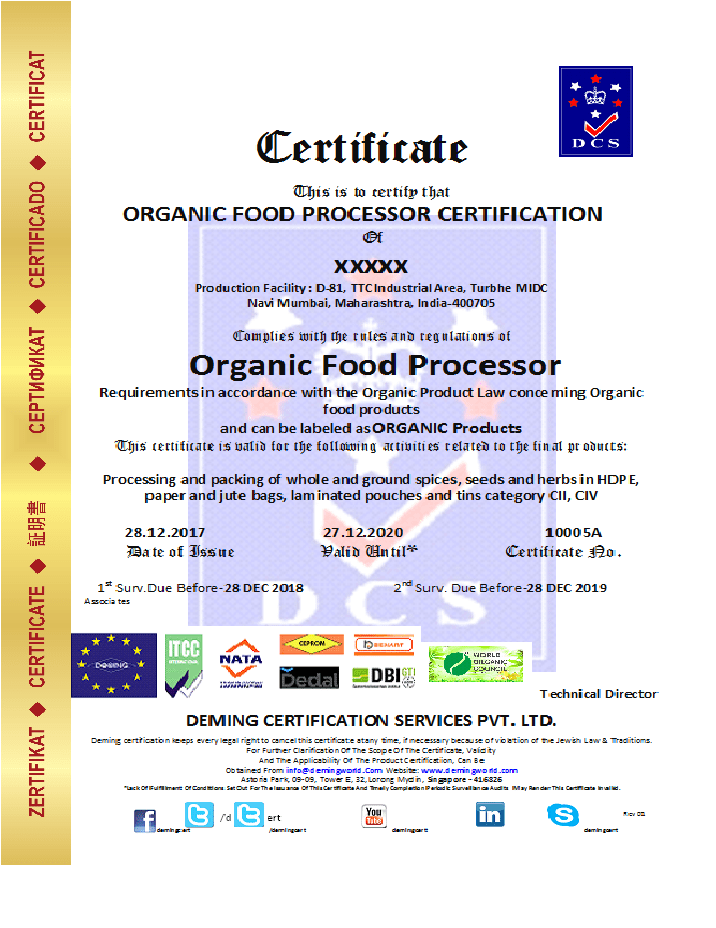3-4 Days DCS Organic Farming
₹25,000.00 Original price was: ₹25,000.00.₹10,000.00Current price is: ₹10,000.00.
3-4 Days DCS Organic Farming
If you’re looking to engage in organic farming over a span of 3-4 days, you’ll need to focus on activities that can be accomplished within that timeframe and that align with organic farming principles. Here’s a basic plan you could follow:
Day 1:
- Planning and Preparation:
- Assess your available land or garden space.
- Decide on what crops you want to grow. Consider factors like your location, climate, soil type, and available resources.
- Make a rough sketch or layout of where you’ll plant each crop. Consider factors like spacing and companion planting.
- Soil Preparation:
- Begin by clearing the land of any weeds or debris.
- Turn over the soil using a shovel or a tiller. This helps aerate the soil and make it easier for plant roots to penetrate.
- If needed, add organic compost or manure to enrich the soil. Work this into the soil thoroughly.
Day 2:
- Planting:
- Following your planned layout, start planting your crops. Follow recommended planting depths and spacing for each type of plant.
- Water the newly planted seeds or seedlings thoroughly.
- Mulching:
- Apply a layer of organic mulch around your plants. This helps conserve moisture, suppress weeds, and improve soil health.
Day 3:
- Watering and Maintenance:
- Check on your plants and water them as needed. Organic farming typically relies on natural methods of pest and disease control, so you may also want to inspect plants for any signs of pests or diseases.
- If you notice any issues, research organic methods for addressing them, such as companion planting or homemade organic sprays.
- Additional Tasks:
- Depending on the crops you’ve chosen, you may need to provide additional support such as staking or trellising for vining plants.
- Continue to monitor and maintain your garden, removing weeds as needed.
Day 4 (Optional):
- Expansion or Improvement:
- If you have additional time and resources, consider expanding your garden or making improvements such as building raised beds or installing drip irrigation.
- Research and implement additional organic farming practices that could benefit your garden, such as crop rotation or cover cropping.
Remember, organic farming is a holistic approach that emphasizes working with nature rather than against it. Pay attention to the health of your soil, promote biodiversity, and avoid the use of synthetic chemicals. Additionally, keep learning and adapting your practices based on your experiences and observations in your garden.
DCS inspects and certifies your products on the basis of the regulations applicable in your market:
- India and exports: NPOP (National Program for Organic Production)
A product can be labelled “organic” when it has followed and complied with the specific rules for organic farming as set down in one of the sets of regulations recognised by the international community. To achieve this, all operators must undertake to be inspected by an independent accredited third party in accordance with the ISO/IEC 17065:2012 standard, such as Ecocert.
Be the first to review “3-4 Days DCS Organic Farming” Cancel reply
Related products
Organic Certifications




Reviews
There are no reviews yet.